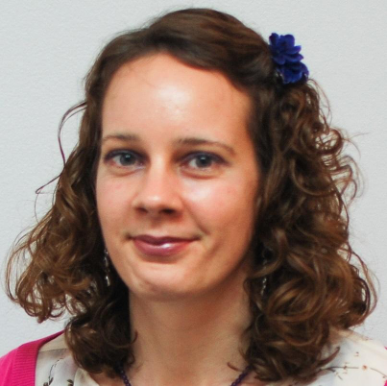Maxime Lefrançois
Fellow's country
Impact on SMEs (7th Open Call)
The contribution may have an indirect but positive impact on both European SMEs and societies. For SMEs, especially those in IoT or data interoperability, improvements to the SAREF framework and tools could simplify the reuse of standards and reduce the effort to contribute new domain-specific content. By streamlining documentation and validation workflows, the project may lower technical barriers and help smaller organizations align with semantic standards. For European societies, SAREF is used in domains of public interest—such as energy efficiency, smart cities, and environmental monitoring. Enhancing its quality and maintainability may support more interoperable and sustainable digital solutions over time. Though effects are not immediate, the project strengthens infrastructure that can benefit societal initiatives based on interoperable data.
Impact on society (7th Open Call)
The SAREF ontology suite suffers from inconsistencies across extensions, due to historically parallel development efforts. While recent STFs (641, 653) addressed these through new ontology patterns and a revised framework, important steps remain unfunded: publication of updated documentation, integration of conformance checks, and automation of ETSI specification generation.
With this fellowship, I directly support the ICT Rolling Plan's "Key Enablers – Data Interoperability" priority. This activity enhances semantic interoperability in IoT contexts, ensuring continuity in the evolution of a foundational European ontology standard (SAREF). It also aligns with EC expectations for faster standard evolution and broader stakeholder involvement, notably in sectors such as smart cities, energy, and digital twins.
The main challenge is sustainability: reducing the manual effort needed to maintain and extend SAREF. The current publication workflow lacks automation and centralization, leading to delays and fragmentation. The revision of the SAREF Pipeline software and the automation of specification generation are technically complex due to the lack of existing tools for parsing OWL ontologies into ETSI-compliant documents. This proposal addresses these challenges through targeted, expert-driven development efforts, based on proven tools and methods already piloted in past STFs.
With this fellowship, I directly support the ICT Rolling Plan's "Key Enablers – Data Interoperability" priority. This activity enhances semantic interoperability in IoT contexts, ensuring continuity in the evolution of a foundational European ontology standard (SAREF). It also aligns with EC expectations for faster standard evolution and broader stakeholder involvement, notably in sectors such as smart cities, energy, and digital twins.
The main challenge is sustainability: reducing the manual effort needed to maintain and extend SAREF. The current publication workflow lacks automation and centralization, leading to delays and fragmentation. The revision of the SAREF Pipeline software and the automation of specification generation are technically complex due to the lack of existing tools for parsing OWL ontologies into ETSI-compliant documents. This proposal addresses these challenges through targeted, expert-driven development efforts, based on proven tools and methods already piloted in past STFs.
Linkedin Profile
Open Call
Organisation type
Organization
MINES Saint-Étienne
Organization website
Personal website
Portrait Picture

Proposal Title (7th Open Call)
Improving the ETSI TC SmartM2M SAREF publication framework and workflow
Read more
Role in SDO
Standards Development Organisation
StandICT.eu Year
2026
Topic (7th Open Call)


